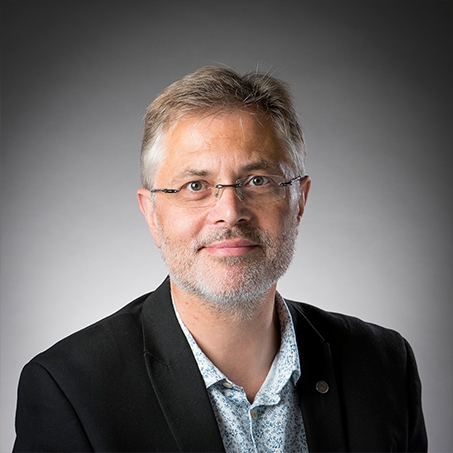
James Turner
Professor, Mechanical Engineering
Physical Science and Engineering Division
“My research aims to help decarbonize transportation, which I hope will be relevant to bothindustry and academia, and beneficial to society and the environment.”
Program Affiliations
Biography
KAUST Professor of Mechanical Engineering Professor James W. G. Turner has over 35 years ofexperience working with internal combustion engines, specializing in spark-ignition combustion,pressure charging systems, alcohol- and hydrogen fuels, engine/fuel interactions and conceptualengine design. He applies his expertise as a contributing faculty member of the KAUST CleanEnergy Research Platform. Prior to joining KAUST in 2021, Dr. Turner served as professor ofengines and energy systems in the Institute for Advanced Automotive Propulsions Systems at theUniversity of Bath, United Kingdom. Before that, he spent more than 21 years working at LotusEngineering, latterly as chief engineer for Powertrain Research, in which he devised novelengine, transmission and fuel concepts. Turner is active professionally as a member of theCombustion Institute, board member of the IMechE’s Powertrain Systems and Fuels Group, aformer chairman of the SMMT’s Fuels Working Group, and chairman of the UK’s Universities’Internal Combustion Engines, Electrification and Energy Group (UnICE3G), among other roles.He has published and/or co-authored more than 200 papers and book chapters in his field.
Research Interests
Dr. Turner's research is primarily focused on spark-ignition combustion, pressure chargingsystems, alternative low-carbon fuels, e-fuels, and novel engine and powertrain concepts fortransport. This emphasis has been driven by many years working in the automotive industryand gaining a clear understanding of the challenges facing it. A major current researchdirection is the employment of hydrogen for motive power generation, both in combustionengines and fuel cells. The latter includes investigation of their integration into cycles withengines in order to improve overall efficiency and to provide new routes to fossil CO2mitigation and sequestration.
Education Profile
Ph.D., Mechanical Engineering, Loughborough University, UK, 2011
M.Eng., Mechanical Engineering, City, University of London, UK, 1987
Awards and Recognitions
Publications
Multimedia
- - KAUST News
- - YouTube

